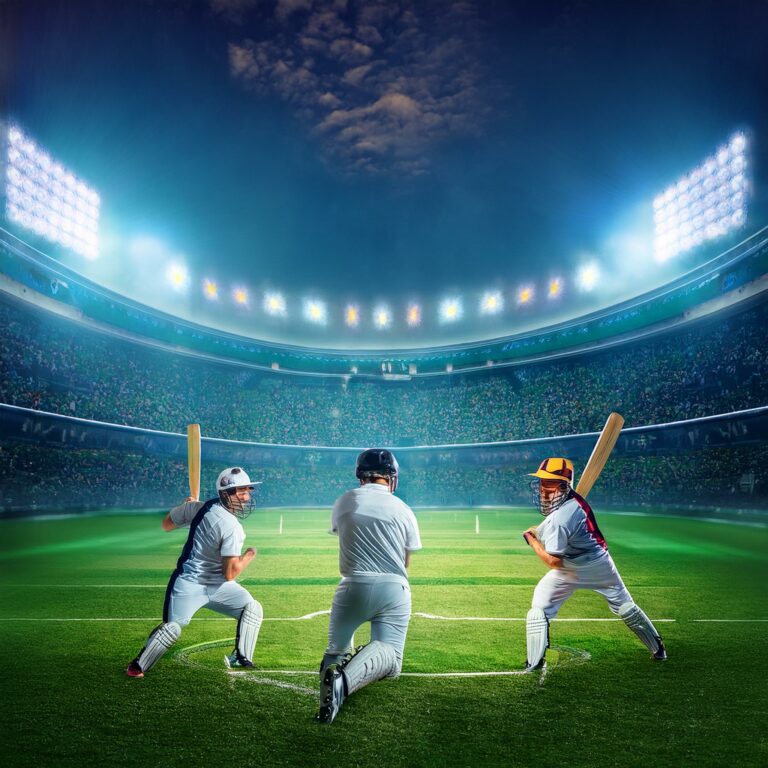IPL and Sports Psychology: Mental Preparation and Performance
Online Cricket ID, 11xplay: Mental preparation plays a significant role in enhancing overall performance in various aspects of life, including sports. Athletes who invest time and effort into preparing themselves mentally often find themselves better equipped to handle the pressures of competition. By focusing on mental preparation, athletes can develop key skills such as concentration, visualization, and positive self-talk, which are essential for peak performance.
Furthermore, mental preparation not only impacts an athlete’s performance during competition but also in their training and daily routines. By incorporating mental training techniques into their daily regimen, athletes can cultivate a mindset that is conducive to success. This mental resilience can help athletes navigate challenges, setbacks, and adversity with a positive and determined attitude, ultimately leading to improved performance outcomes.
The Role of Goal Setting in Enhancing Athletic Performance
Goal setting plays a crucial role in enhancing athletic performance. Setting specific, measurable, achievable, relevant, and time-bound goals helps athletes maintain focus and stay motivated. By having clear objectives in mind, athletes can track their progress and make necessary adjustments to ensure continuous improvement in their performance.
Moreover, setting realistic and challenging goals can push athletes out of their comfort zones, leading to personal growth and increased confidence. When athletes have a clear target to work towards, they are more likely to put in the necessary effort and commitment to reach their goals. Goal setting also helps athletes stay accountable for their progress and encourages them to strive for excellence in their athletic endeavors.
How does setting goals help enhance athletic performance?
Setting goals provides athletes with direction, motivation, and focus. It helps them track their progress and stay accountable, ultimately leading to improved performance.
What types of goals should athletes set?
Athletes should set both short-term and long-term goals. Short-term goals can be daily or weekly objectives, while long-term goals are larger milestones to work towards over a season or year.
How should athletes go about setting realistic goals?
Athletes should set goals that are specific, measurable, attainable, relevant, and time-bound (SMART). It’s important to consider one’s abilities, resources, and commitment when setting goals.
Can goal setting help with overcoming setbacks and challenges?
Yes, goal setting can help athletes stay focused and motivated during tough times. By breaking down larger goals into smaller, manageable steps, athletes can continue to make progress even in the face of adversity.
How often should athletes review and adjust their goals?
Athletes should regularly review their goals to track progress and make any necessary adjustments. This can help ensure that goals remain realistic and relevant as circumstances change.







